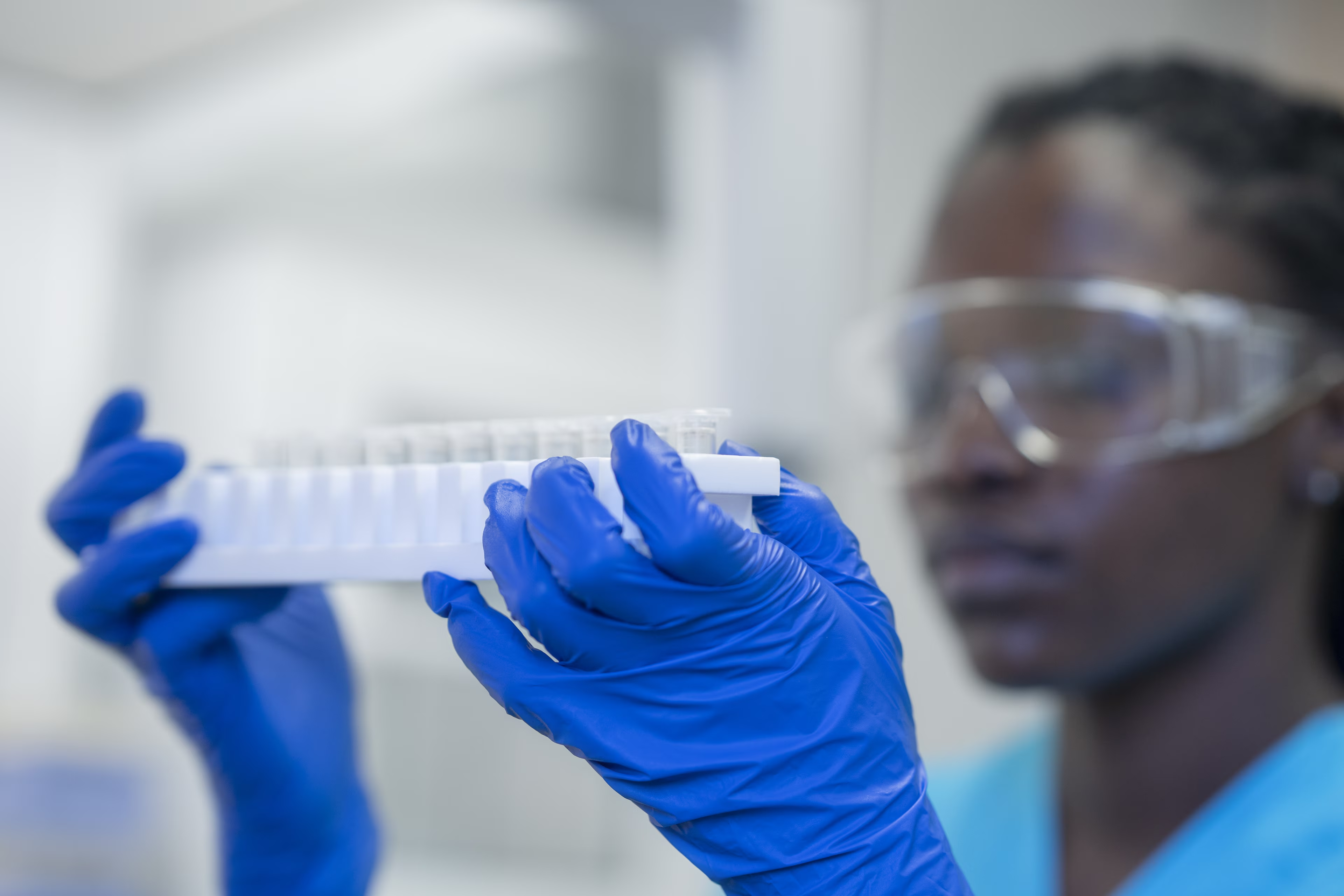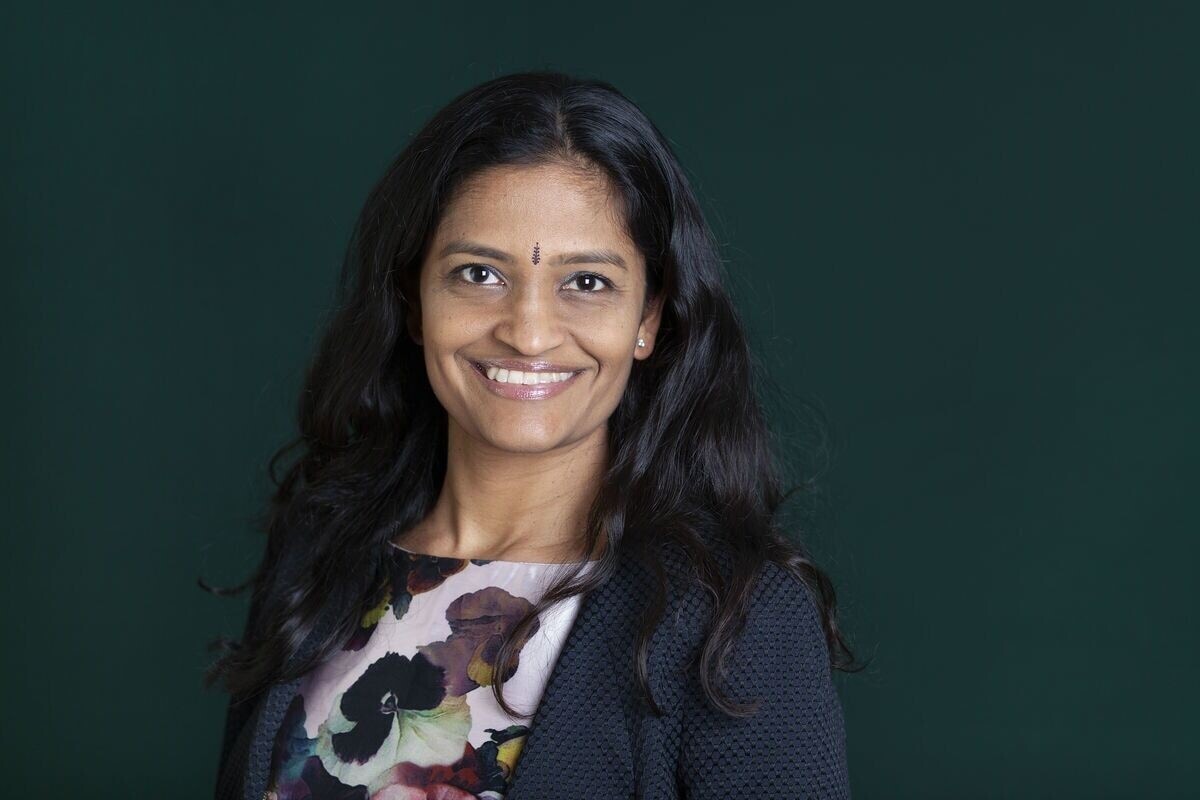Jayasree K. Iyer is the CEO of the Access to Medicine Foundation, a non-profit organisation that stimulates and guides the pharmaceutical industry and other health sectors to do more to close the gaps in healthcare inequity. She sets the Foundation’s strategy for addressing how the industry can reach the 80% of people worldwide who live in low- and middle-income countries. In her discussions with global pharma leaders, she engages them on the practical proven steps they can take to develop, scale up and supply essential health products to reach more people around the world. Jayasree’s expertise lies in engaging the industry on the biggest issues in access and health, challenging companies to work within the realities of doing business to translate principles into practice. She connects the Foundation’s research insights with the people, companies, and global health organisations working to improve access to medicine. Jayasree is regularly invited to bring the Foundation’s research insights and her perspective forward in top-level discussions. Before joining the Foundation, Jayasree developed and managed a large portfolio of public-private partnerships independently between the pharmaceutical industry and its partners, totaling a budget of over €100 million. These partnerships addressed cancer, immunology, and neglected tropical diseases. Jayasree is an infectious-disease scientist by training and holds various postgraduate degrees (Masters and Ph.D.), from Singapore and the John Hopkins School of Hygiene and Public Health.









